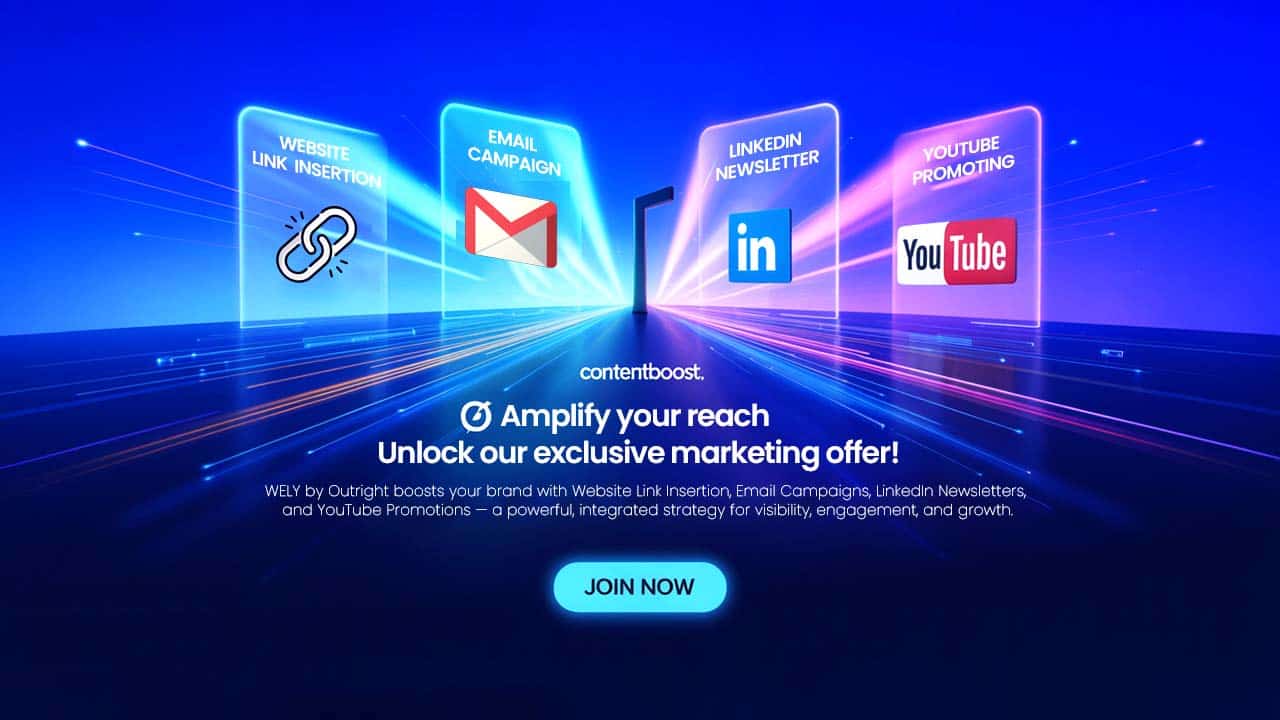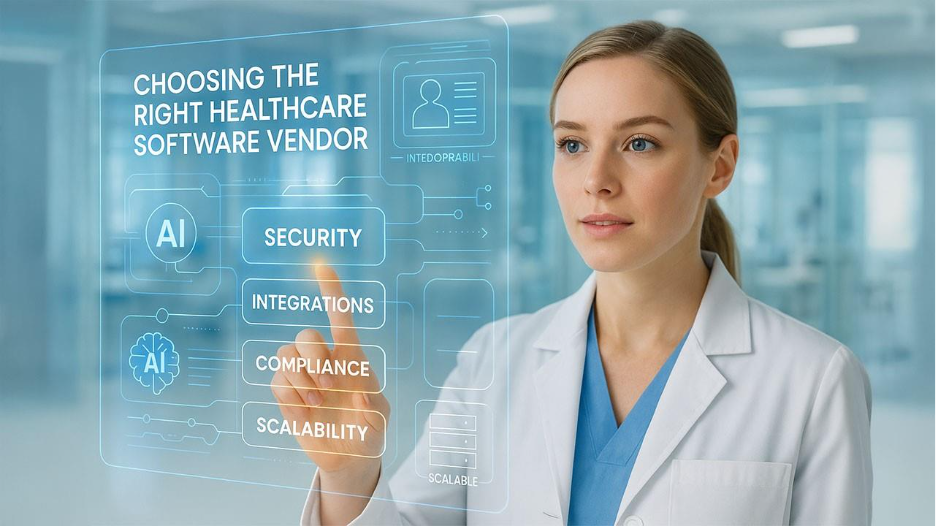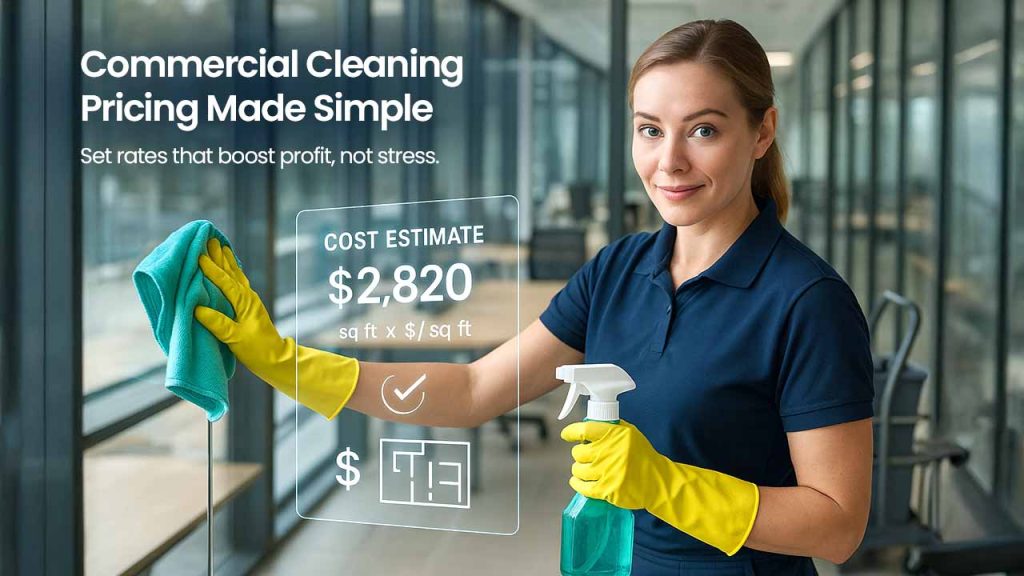Healthcare technology is entering a new stage in 2026, driven by stronger AI capabilities, expanded remote care models, and growing expectations for smooth digital interactions between patients and providers. These
Healthcare technology is entering a new stage in 2026, driven by stronger AI capabilities, expanded remote care models, and growing expectations for smooth digital interactions between patients and providers. These shifts increase the demand for secure, accurate, and scalable solutions built by custom healthcare software development companies that understand clinical complexity and modern patient needs.
Regulatory updates, interoperability initiatives, and patient-centric digital ecosystems make vendor selection more strategic than ever. Healthcare organizations now require partners with proven industry expertise, advanced integration skills, and the ability to support long-term operational needs.
Key Criteria When Evaluating Healthcare Software Development Companies
Compliance Knowledge and Regulatory Expertise
Vendors working as healthcare software development companies must demonstrate fluency in HIPAA, GDPR, HL7, and FHIR. They should have established procedures for data protection, audit readiness, incident reporting, and privacy-by-design.
Technical Capabilities and Integration Skills
A strong provider must show competency in EHR/EMR integration, cloud architecture, mobile engineering, AI/ML, and IoT connectivity. Their solutions should support future expansion without requiring major overhauls.
Cybersecurity Approach
The Health Care sector is at increased risk due to cyber-attacks therefore Vendors must be sure their vendor partners have a Solid Cybersecurity Program as part of their Business Model to protect sensitive information from Cyber-Attack. Vendors must also include cybersecurity teams as part of the vendor's Product Development Cycle, while developing/maintaining products.
Demonstrated Previous Project experience in Healthcare
Relevant project examples should include case studies that provide the Vendor's Healthcare-specific product solution and associated measurable outcomes. Providing clients with testimonials and/or references is essential to establishing credibility and consistency.
Demonstrating Ability to Grow and Meet the Workplace in Future
Healthcare environments typically have multiple clinics, devices, and data sources associated with them. Vendors should be able to demonstrate experience developing scalable systems to accommodate growing workloads, augmenting/additional features, and incorporating newer modules.
Vendor Evaluation Factors
| Evaluation Factor | What to Review | Why It Matters |
| Compliance Expertise | HIPAA, GDPR, HL7/FHIR | Ensures secure and lawful software usage |
| Portfolio Quality | Case studies, clinical tools, integrations | Validates ability to support complex systems |
| Security Approach | Encryption, access management, testing | Protects sensitive patient information |
| Technical Strength | AI/ML, IoT, cloud, architecture | Supports advanced features and long-term growth |
| Scalability Support | Modular builds, future updates | Prevents costly redesigns later |
| Client Feedback | Testimonials, references | Confirms reliability and performance |
Understanding the Core of Medical Software Development

Supporting Clinical Workflows
Software development in healthcare means creating products for care providers that help them in diagnosing and treatment planning and managing data. Such systems are required to reduce administrative burdens, accelerate time to make clinical decisions by care providers, and ensure that the clinical data is accurate and consistent across all departments.
Tools for diagnosis and monitoring
Imaging analysis modules, dashboards for patient control, and chronic care management tools are developed by companies providing solutions. These solutions interact with connected devices and medical sensors which require accurate, secure, and reliable transmission of data and include uptime.
Mobile and Patient-Facing Applications
Mobile health applications enhance patients' capabilities by offering symptom monitoring, visit planners, medication management, and clinician communications. Any medical design should focus on clarity, safety, minimal errors, and accessibility.
Telemedicine and Remote Care Systems
The remote care system and telemedicine are fast becoming a necessity for the medical community. The function of these technologies requires an established foundation of video security, data compatibility and adherence to the requirements of national privacy standards, and international privacy regulations. As vendors develop solutions to facilitate engagement with their patients through these technologies, they must ensure they understand the key benefits of best healthcare CRM software.
Data Analytics and Real-World Evidence
Healthcare organizations rely extensively on analytics platforms for operational planning and insight into patient care and treatment. These platforms may include processing of sensitive datasets, which gives healthcare providers with the need for strict controls, validation steps, and a clear, reproducible logic.
Quality Assurance and Testing Requirements
Healthcare analytics vendors should conduct comprehensive testing of their analytics software products, including testing performance metrics, validating clinical accuracy, ensuring device compatibility, and conducting load testing. By ensuring that these processes are already established within your organization, you can mitigate potential risks to both patients and their clinical teams when using the software.
How to Choose the Right Medical Software Development Firm

Requirements Gathering and Development
First and foremost, whenever a company engages a Medical Software Developer, it should proceed in an organized manner through a series of structured discovery workshops that allow for a thorough understanding of all of the needs, workflows, and technical requirements of the healthcare provider as well as some initial agreement and collaboration among the entire stakeholder group.
Review of RFPs and Supporting Documentation
Request for proposal (RFP) documents allow organizations to uniformly evaluate prospective vendors. It is important that the RFP’s outline includes project scope, required regulatory compliance, details of how the proposed solution will integrate with existing systems, anticipated timelines and associated development costs. The vendor must then respond with a definitive project development timeline and outline its methodology for meeting that timeline.
Technical Audit and Engineering Evaluation
Healthcare organizations should request a review of the vendor’s coding standards, architecture patterns, API strategies, DevOps maturity, release management, and documentation quality. Clarity in these areas is a signal of discipline and reliability.
Communication and Collaboration Style
A reliable supplier is predictable, keeps the customer status informed, and supports effective, transparent decision-making. Many healthcare initiatives have several stakeholders involved; effective coordination minimizes risk.
Project Phasing and Delivery Structure
It should explicitly outline a logical build plan, including feature grouping, identification of risk, testing schedules, and milestone checkpoints. Thorough practical planning improves delivery accuracy.
Proof of Concept and Prototype Testing
Many organizations request a proof-of-concept before full development to confirm functionality, user experience, and integration behavior. This helps confirm that the vendor can meet technical expectations.
Long-Term Maintenance & Support
The maintenance and support of the healthcare system includes an on-going monitoring process, regular system updates, correction of bugs, conducting code reviews, and optimising system performance. An organisation that offers strong on-going support capabilities can reduce the operational risk to the customer(s) while enhancing Trust in the performance of their system(s).
Support for Advanced Specializations
Vendors with experience in custom medical software solutions, clinical software development, telemedicine platform development, digital health engineering, or health care IT outsourcing can bring additional strengths to complex projects.
Conclusion
Healthcare providers in 2026 require software partners who can support advanced technologies, regulatory changes, and growing patient expectations. A strong vendor demonstrates skill in compliance, scalable engineering, communication, integration, and long-term product support. Careful evaluation helps organizations build systems that support efficient clinical operations and secure digital experiences.
Respond to this article with emojis






